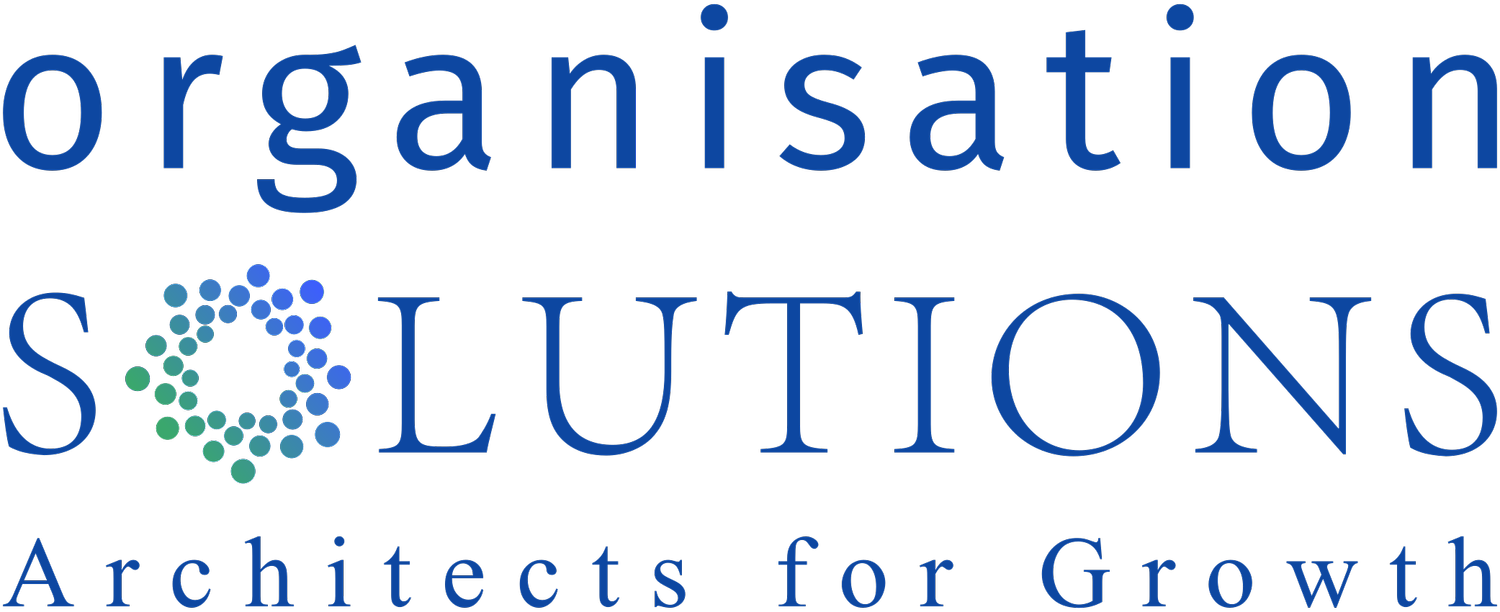Stop Focusing on Your Strengths! It Stunts Your Growth
A CHRO once told me that her company had refocused all talent development practices to help leaders build upon their strengths. Based on Gallup’s research, she expected this to increase leader engagement, productivity, and employee wellness. While interesting, this approach is very risky!
When employees focus on their strengths, they stop striving to build the capabilities needed for personal and company growth. Below are three ways that focusing on your strengths stunts your growth.
Your Strengths Are Your Greatest Weaknesses
I recently coached a high-growth leader who turned a failing business around, all while completely alienating his peers. His greatest strength was in taking command, but this became his greatest weakness as he did not listen to or engage others. We corrected this by having him demonstrate his “command and control” behaviours less while increasing his “engage and energise” behaviours.
Research shows that this is common. Rob Kaiser conducted a study using 360 survey data and asked team members whether their leaders demonstrated too much, the right amount, or too little of a capability. If a leader identified a capability as a top strength, 51% of his/her team stated that the manager “overused” the capability and should decrease these behaviours. If a leader did not identify a capability as a strength, 62% of his/her team stated the manager “underused” the capability and should increase the behaviours. To succeed, leaders often need to decrease their strongest behaviours while increasing their weakest behaviours.
What Got You Here Won’t Get You There
In his best-selling book, What Got You Here Won’t Get You There, Marshall Goldsmith pointed out that leaders often build habits and strengths that work well for them until they move into larger roles that require new capabilities. These old habits and strengths then become liabilities.
I see this often. A sales leader I recently coached was great at solving problems and executing plans. He moved into a larger commercial role and struggled because the new role required him to act strategically and build organisation capability for execution. He had to stop solving problems and executing plans and start delivering results through others. He had to move from being a sales leader to a strategic commercial leader.
Focusing on Strengths Builds a Fixed Mindset
Leaders with a growth mindset are better learners. They experiment, make mistakes, and learn new behaviours and management practices. Unfortunately, focusing on your strengths reinforces a fixed mindset. Consider these tenets of strengths-based development:
A strength is the ability to provide “near perfect performance” in an area
Everyone has in themselves what they need to succeed
You are better off building on your talent, or your natural aptitudes
Focusing on your strengths is the exact opposite of a growth mindset! I worked with a leader who had a great growth mindset. He pushed his team to experiment and make mistakes because that led to learning. He ensured everyone on the team learned new skills to prepare them for a changing marketplace. In short, he wanted his team to leverage their strengths but build new capabilities to prepare for the future. This led to tremendous revenue growth and personal growth for his team members. Focusing only on their current strengths would not likely have had the same result.
Focusing on your strengths is a great way to build a career in a technical or functional area. However, it does not prepare you for changing capability demands or help you build capabilities that drive company growth. Based on over 20 years of research on leadership and over 10 years of coaching experience, my advice is to instead:
Leverage your strengths and ask others for insight about when you “overuse” them. Know when and how to moderate your strengths
Regularly identify new capabilities you need to help you overcome a weakness or to prepare for next-level jobs
Learn by experimenting with new behaviours and through deliberate practice. You’ll make mistakes and build new capabilities in the process
Don’t expect to perfect all skills. Often, minimising or working around a capability gap is all it takes to increase the impact you can have in your organisation
Finally, the company that changed all of its processes to focus on strengths has laid off tens of thousands of workers globally. I am sure they have successfully moved into new jobs, but I can’t help imagine that those who built new capabilities were better off than those who continued to focus only on their strengths.
Do you want to get the most out of coaching for your leaders? Contact me to learn more about how we go beyond coaching to deliver results.
Follow Us
Latest Insights





